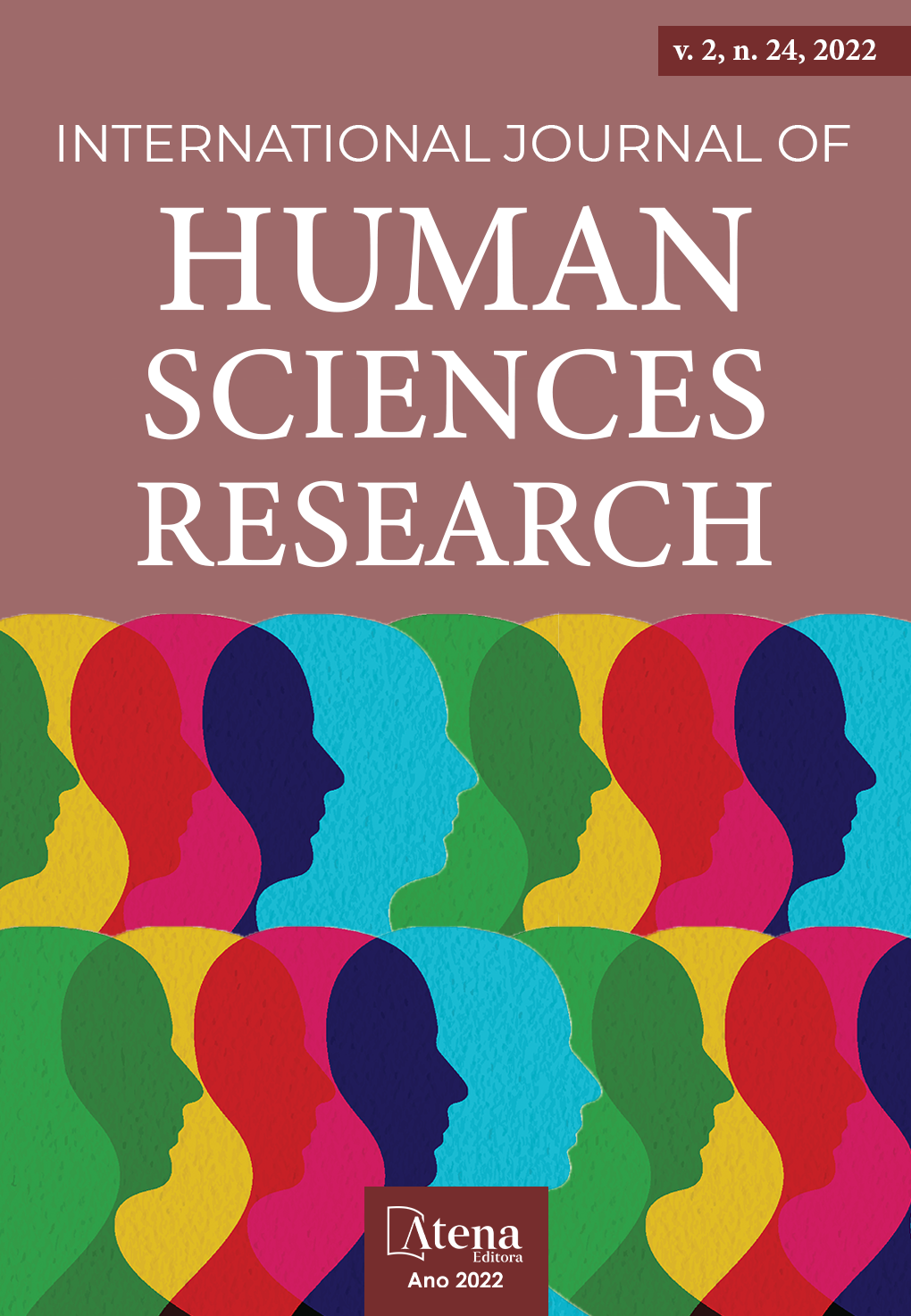
LEGAL FRAMEWORKS AND THEIR INTERFERENCE IN THE ENROLLMENT OF PEOPLE WITH AUTISTIC SPECTRUM DISORDES – CASE FEDERAL INSTITUTE OF EDUCATION, SCIENCE AND TECHNOLOGY OF ACRE – IFAC – CAMPUS RIO BRANCO
La educación inclusiva ha logrado avances jurídicos considerables en los últimos treinta años, si antes las denominadas escuelas especiales eran notablemente una única vía educativa para los estudiantes con discapacidad, hoy en día, y con fuerza de ley, se presenta una migración hacia las escuelas regulares reflejada en la matrícula. . Nuestro objetivo es informar el aumento numérico de matrículas de alumnos con Trastorno del Espectro Autista - TEA, asociándolo a los preceptos legales vigentes, con énfasis en la Ley 12.764/2012, que trata de la Política Nacional de Protección de los Derechos de las Personas con Autismo Trastorno del espectro, para Por lo tanto, recopilamos datos de la educación a nivel estatal y municipal. Pero principalmente del Instituto Federal do Acre – Ifac, Campus Rio Branco, ya que la formación profesional tiene presupuestos humanista-técnico-científicos que coinciden con la inclusión. La investigación tiene un enfoque cualitativo, con un alcance exploratorio, el objeto de estudio consiste en un estudio de caso, seguido de una investigación documental combinada con observación asistemática y participante. La información recopilada entre los años 2014 a 2018, en el Estado y Ayuntamiento. Mientras que en Ifac, estos surgen de los años 2016 a 2020, ya que anteriormente no había matrícula de un estudiante con TEA en el Campus Rio Branco. Entre los resultados alcanzados está la ampliación de la matrícula de personas con TEA fuertemente asociada al apoyo legal dentro del Instituto, los índices también revelan que además de la matrícula, estas requieren de nuevos trámites administrativos y pedagógicos inclusivos para la dirección y los docentes que actúan dentro de la educación profesional.
LEGAL FRAMEWORKS AND THEIR INTERFERENCE IN THE ENROLLMENT OF PEOPLE WITH AUTISTIC SPECTRUM DISORDES – CASE FEDERAL INSTITUTE OF EDUCATION, SCIENCE AND TECHNOLOGY OF ACRE – IFAC – CAMPUS RIO BRANCO
-
DOI: 10.22533/at.ed.55822422020810
-
Palavras-chave: Inclusion, Autistic Spectrum Disorder, Enrollment
-
Keywords: Inclusion, Autistic Spectrum Disorder, Enrollment
-
Abstract:
Inclusive education has achieved considerable legal advances in the last thirty years, if before the so-called special schools were notably a single educational path for students with disabilities, today, and by legal force, there is a migration to regular schools with impact on enrollments. Our objective is to report the numerical rise of enrollments of students with Autism Spectrum Disorder – ASD, associating the current legal precepts, with emphasis on Law 12,764/2012, which deals with the National Policy for the Protection of the Rights of Persons with Autism Spectrum Disorder, to this; we collect education data at the state and municipal levels. But, mainly, from the Federal Institute of Acre – Ifac, Campus Rio Branco, since professional education presents humanist-technical-scientific assumptions that coincide with inclusion. The investigation has a qualitative approach, with an exploratory scope, the object of study consists of a case study, followed by a documental research allied to unsystematic and participant observation. Information collected from 2014 to 2018, in the State and City Hall. While at Ifac, these take place from 2016 to 2020, as previously there was no enrollment of a student with ASD at Campus Rio Branco. Among the results achieved, there is the expansion of enrollment of people with ASD strongly associated with legal protection within the Institute; the indices also reveal that, in addition to enrollment, they require new administrative and inclusive pedagogical procedures for the management and teaching staff working within professional education.
-
Número de páginas: 17
- César Gomes de Freitas
- Cleilton Sampaio de Farias
- Roger Correa de Oliveira


